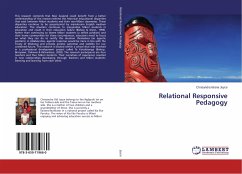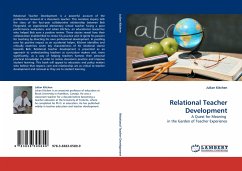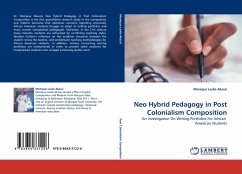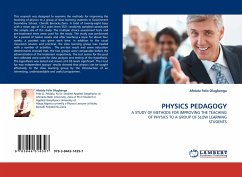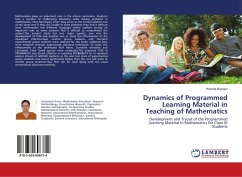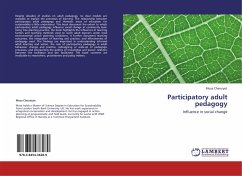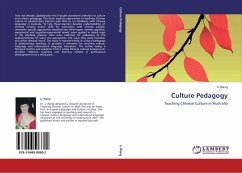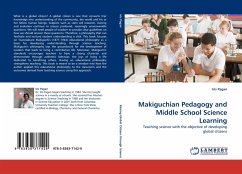This research contends that New Zealand could benefit from a better understanding of the reasons behind the historical educational disparities that exist between Maori students and their non-Maori classmates. These disparities continue to be perpetuated by mainstream English medium education. This situation continues to marginalize Maori students in education and result in their education failure (Bishop & Glynn, 1999). Rather than continuing to blame Maori students (a deficit position) and their home communities for these circumstances, educators need to focus on what they can do to rectify this situation themselves (an agentic position). A collaborative, agentic response would be more in line with the Treaty of Waitangi and provide greater potential and stability for our combined future. This research is located within a school that was involved in a professional development project called Te Kotahitanga (Bishop, Berryman, Tiakiwai & Richardson, 2003). The research participantsare four teachers and four Maori students. Their narratives of experience resulted in new relationships developing through Teachers and Maori students listening and learning from each other.

